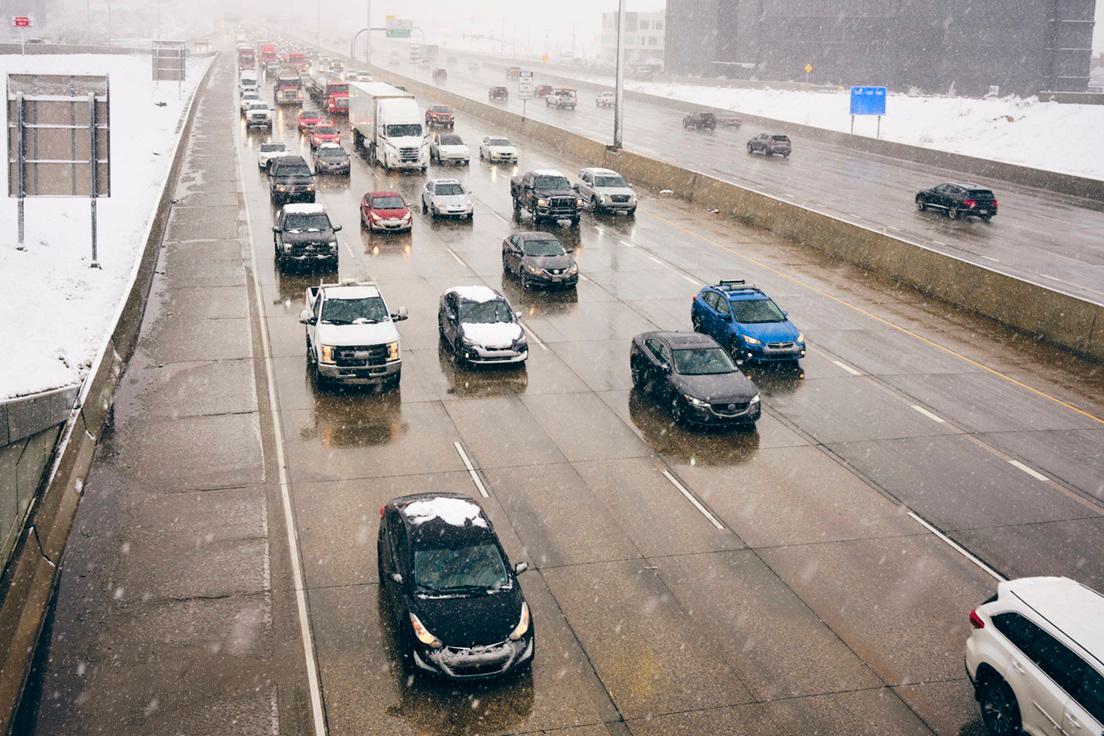Key Stats on the Dangers of Holiday Driving

Holiday driving isn’t just stressful—it’s statistically more dangerous.
According to consumer information website Value Penguin, over 11,000 lives were lost in motor vehicle crashes during major U.S. holidays between 2018 and 2022. This includes Thanksgiving, Christmas, Memorial Day, the Fourth of July and Labor Day. With heavier traffic and longer trips, not to mention poor weather conditions, these festive seasons often bring heightened risks on the road.
The online report shared data from the National Highway Traffic Safety Administration’s Fatality Analysis Reporting System, revealing some alarming trends. Between 2018 and 2022, holidays were 13.9% deadlier for drivers than non-holiday periods. On average, 123 people died in traffic crashes each holiday day, compared to 108 fatalities on non-holiday days. Labor Day topped the charts with 2,462 deaths, followed closely by Thanksgiving (2,456) and Memorial Day (2,292). The Fourth of July, however, emerged as the single deadliest holiday over the five-year period, with an average of six fatalities occurring every hour.
Certain states stood out for their high rates of fatal holiday crashes. Montana led the list with 6.78 deadly crashes per 100,000 residents, trailed by Mississippi (6.25) and Wyoming (5.88). Further down the list, New Jersey and Pennsylvania ranked 42nd and 43rd respectively, with 2.26 and 2.22 fatal crashes per 100,000 residents. When comparing holiday crashes to non-holiday periods, Delaware saw the steepest increase (71.4%), followed by the District of Columbia (66.7%) and Connecticut (58.8%).
Contributing factors to these tragedies were also analyzed. Alcohol-impaired driving was linked to 38% of all holiday traffic fatalities, with Memorial Day and the Fourth of July recording the highest numbers. Speeding accounted for 31.1% of deaths, while distracted driving was responsible for 7.4%.
Traffic injuries and fatalities are tragic in and of themselves, but when they are caused by someone else’s negligence, you do have recourse: contact a top Philadelphia auto accident attorney to answer your questions and help you determine whether you may have a case.

